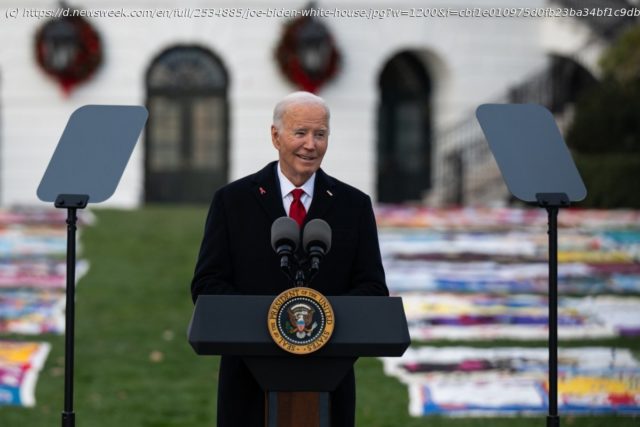A president has the power to issue pardons for federal crimes, but none has ever issued one for himself.
The debate on whether a sitting U.S. president can pardon himself has been raised again following Joe Biden’s pardoning of his son, Hunter Biden.
President Biden announced on Sunday that he will be using his powers to pardon his son for federal tax and gun crimes he was due to be sentenced over, as well as for any potential offenses Hunter Biden may have committed between January 1, 2014, and December 1, 2024.
The move received a mixture of praise and condemnation from legal experts, as well as Republicans and Democrats. There have been suggestions that President Biden may still issue a preemptive pardon for himself as protection from being unfairly targeted in a Donald Trump-controlled Department of Justice (DOJ), or to avoid prosecution from charges that may still arise.
Former federal prosecutor Katie Cherkasky said that the 10-year time frame of Hunter Biden’s pardon suggests that the president is protecting his son and possibly himself over potential prosecution.
„Whether it legally and constitutionally does so is something that has never been affirmatively adjudicated“, Cherkasky told Fox News on Sunday. „But I guess we’ll see if Joe Biden tries to issue a pardon for himself before he leaves office altogether, and then we’ll really know what this is about.“
Republicans have long attacked President Biden over claims that he influenced and benefited from Hunter Biden’s foreign business deals in Ukraine and China during his time as vice president. A House GOP attempt to impeach the president over these claims failed, with no real evidence to back up the corruption allegations emerging. The White House and Hunter Biden’s lawyers denied any wrongdoing, with President Biden calling the impeachment inquiry against him a „baseless political stunt.“
President-elect Donald Trump and his team have previously vowed to target the Bidens with federal investigations and possible prosecutions if the Republican won the 2024 election.
Barbara McQuade, a former federal prosecutor and U.S. attorney for the Eastern District of Michigan during the Barack Obama administration, said the Constitution is „silent“ regarding presidential self-pardoning, and whether it would be allowed has never been tested in the courts.






